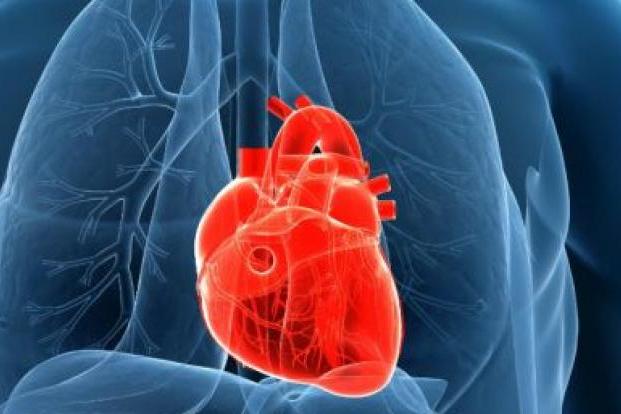Categories
- Bariatric Surgery (11)
- Black Fungus (5)
- Bone Marrow transplant (3)
- Brain Tumor Surgery Navigation Technology (20)
- Cardiac Surgery (66)
- Cardiology (97)
- Computer navigation technology for joint replacements (20)
- Covid Vaccination (17)
- Critical Care (2)
- Dental (19)
- Dermatology (31)
- Dialysis Support Group - “UTSAAH” (11)
- Dietitian (33)
- Emergency Medicine (4)
- Emotional Health (11)
- Endocrinology (33)
- ENT (20)
- Gastroenterology and GI Surgery (53)
- General and Laparoscopic Surgery (21)
- General Surgery (4)
- Gynecology & Obstetrics (183)
- Hematology (20)
- Internal Medicine (294)
- Kidney Transplant (50)
- Kidney Transplantation (20)
- Lung Cancer (8)
- Minimal Invasive Surgery (1)
- Mother & Child (20)
- mucormycosis (5)
- Nephrology (61)
- Neurology (147)
- Neurosurgery (68)
- Nutrition and Dietetics (107)
- Omicron Variant (1)
- Oncology (288)
- Ophthalmology (10)
- Orthopaedics & Joint Replacement (86)
- Paediatrics (59)
- Pediatric Nephrology (3)
- Physiotherapy (5)
- Plastic & Reconstructive Surgery (6)
- Psychiatry and Psychology (90)
- Psychologist (28)
- Pulmonology (72)
- Rheumatology (13)
- Spine Services (21)
- Transradial Angioplasty (16)
- Urology (84)
Query Form
Posted on Apr 19, 2022
Coronary Artery Disease (CAD)- A major health issue in women
Coronary artery disease (CAD) is the leading cause of death in females, accounting for approximately 1 in 3 deaths. It occurs due to deposition of plaque in blood vessels of the heart leading to narrowing of these vessels, a process known as atherosclerosis. Complete blockage can result in a heart attack. Due to the common misconception that it is primarily a disease of men, CAD as a major health issue in women is largely under recognized.This silent killer is the leading cause of death in women, accounting for almost 1 in 3 deaths.

Early Diagnosis and Treatment
Women have their first presentation of CAD approximately a decade later than in men, usually after menopause. However, this advantage is lost in the presence of other risk factors like smoking and diabetes. In later decades of life, the risk actually becomes greater compared to men. Also, the outcome of CAD is much worse in women. Hence, timely diagnosis and treatment of CAD in women is very important.
Apart from traditional risk factors like diabetes, smoking and hypertension, an unfavorable lipid profile especially low levels of HDL, loss of the protective effect of the hormone estrogen after menopause, and psychosocial factors like stress are also major culprits.
Women are more likely to have an atypical presentation without the classical anginal pain typical of CAD. Symptoms include neck, jaw, shoulder or abdominal discomfort, nausea, light headedness, dizziness and fatigue. These atypical features ultimately contribute to the delayed diagnosis and worse prognosis of CAD in females.ECG changes may be seen even in healthy females and exercise stress testing yield a higher number of false positive results in women compared to men. Stress echocardiography and coronary angiography are other modalities available for diagnosis.
Prevention Tips
Few tips for the prevention and timely management of CAD in women are as under:
- Quit smoking
- Take a healthy diet
- Maintain an active lifestyle
- Eliminate stress
- Manage diabetes and hypertension
- Do not neglect any atypical symptoms
Aspirin and statins among other drugs are useful for the secondary prevention of CAD in women. Hormone replacement therapy has not been found to be effective in prevention of CAD in post-menopausal women.



